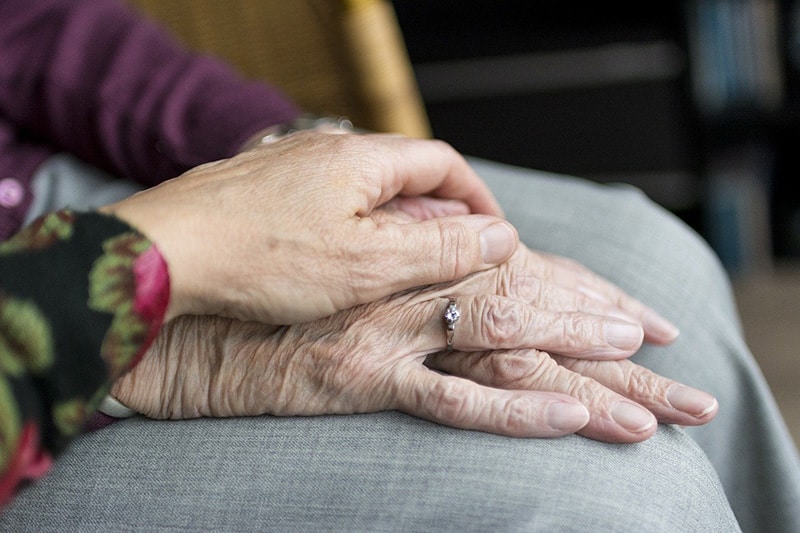On April 12, 2019, Governor Phil Murphy signed the Medical Aid in Dying for the Terminally Ill Act into law, making New Jersey only the seventh state to enact aid-in-dying legislation. The New Jersey law allows terminally ill patients to obtain and self-administer life-ending medication in order to bring about, what the legislation refers to as, the patients’ humane and dignified death. The new law takes effect August 1, 2019.
In order to receive life-ending medication, the patient must be an adult, a resident of New Jersey, and terminally ill. “Terminally ill” is defined as being in the terminal stage of an irreversibly fatal illness, disease or condition with a prognosis or a life expectancy of six months or less.
A request for the life-ending medication must be made to the treating physician at least twice orally and once in writing. Such written request must be voluntarily made, signed and dated by the patient and witnessed by at least two individuals who can attest, to the best of their knowledge, that the patient is capable and acting voluntarily. The physician must then wait forty-eight hours, after receiving the written request from the patient, to prescribe the medication.
Additionally, the patients treating physician must inform the patient of his medical diagnosis, prognosis, potential risks and probable result in taking the life-ending medication. The physician must also advise the patient of feasible alternatives to taking the medication. The physician may also refer the patient to counseling, suggest that they speak with next of kin and tell the patient that he may rescind his request at any time. Furthermore, before the medication can be prescribed, the physician must examine the patient, confirm his terminally ill diagnosis in writing, and verify that the patient is capable of making an informed, voluntary decision regarding his health care.
Of course, this legislation has its proponents and its critics. Proponents advocate that this bill recognizes New Jerseys commitment to individual dignity, informed consent and the fundamental right of competent adults to make health care decisions. They contend that competent adults should be able to make their own decisions regarding whether or not to engage in life-prolonging medical and surgical treatments, or to have such treatments and procedures withheld, withdrawn or outright refused. Critics raise several issues with the seeming gaps in the drafting of the legislation. Particularly, critics point out that the legislation does not clarify whether the terminally ill designation of a life expectancy of six months or less pertains to patients who are being treated or not being treated. For example, a patient may be deemed terminally ill for an otherwise treatable condition if he is not being treated. Critics further explain that this legislation may adversely affect those who may not be able to afford treatment for their conditions, and who are likely to die within six months without treatment. Those patients may resort to this life-ending medication as their last and only option.
This legislation marks significant change in the medical (and legal) world. We will be interested to see how it unfolds and is utilized in New Jersey.
If you are interested in learning more about the “Medical Aid in Dying for the Terminally Ill Act” please call us at 856-489-8388 or contact us here to schedule a consultation.




